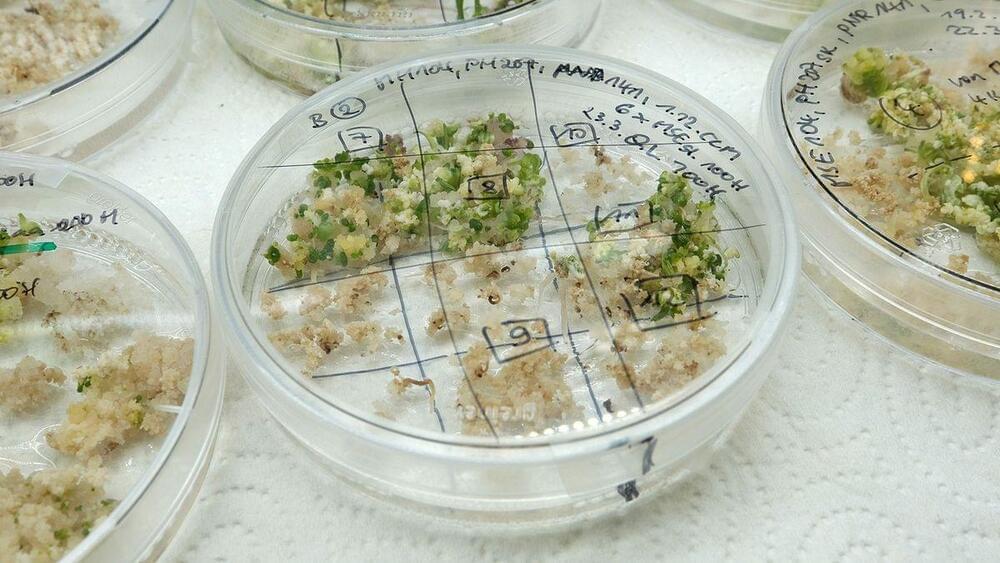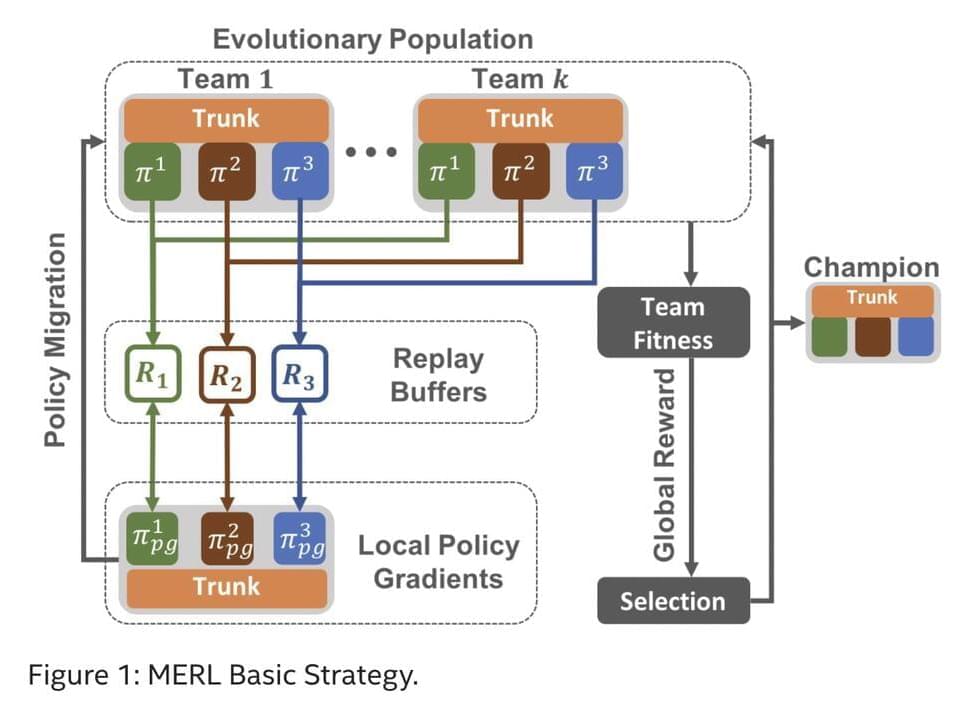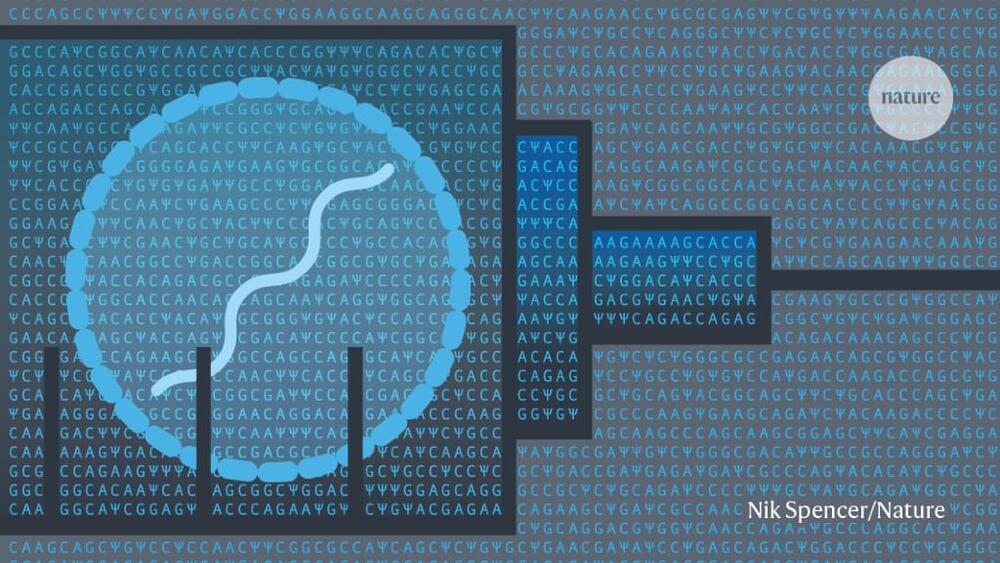What is your take on this Chris Smedley?
Please be sensitive to any artificial intelligence you encounter today. A UK appeals court just ruled that AI systems cannot submit or hold patents, as software is not human and therefore lacks human rights. Several courtrooms around the world have come to the same conclusion, despite the efforts of a very enthusiastic inventor.
Dr. Stephen Thaler has repeatedly filed patents on behalf of his AI, called DABUS. He claims that this AI should be credited for the inventions that it’s helped to produce. But patent offices disagree. After Dr. Thaler refused to resubmit his patents under a real name, the UK Intellectual Property Office pulled him from the registration process.
Our friend Dr. Thaler responded by taking the Intellectual Property Office to court. And predictably, the body rejected his case. So Dr. Thaler made an appeal, and again, he lost.







